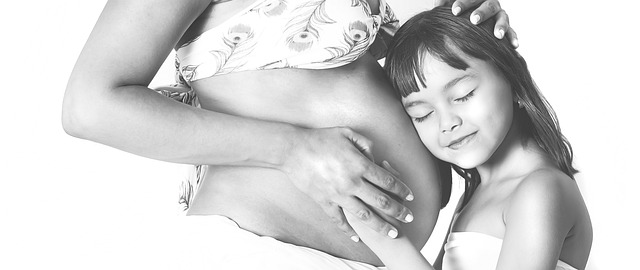When you’re pregnant, it’s common to make various lifestyle adjustments to give your baby the best start in life. I certainly did during my pregnancies! After giving birth, many new moms contemplate reintroducing things they avoided, like alcohol. But is it really that straightforward? With September being Fetal Alcohol Spectrum Disorders (FASD) Awareness Month, it’s a great time to dive into the effects of alcohol on breast milk—a question I often hear from new mothers.
The Impact of Alcohol on Breast Milk
For years, experts have maintained that there’s no safe level of alcohol consumption during pregnancy. But how does alcohol affect a breastfeeding baby?
Research indicates that alcohol does pass into breast milk, and the concentration is similar to that found in the mother’s bloodstream. It’s a common myth that pumping and discarding breast milk will eliminate alcohol; however, this isn’t the case. Alcohol remains in your system for a while, depending on how much you consumed. On average, it takes about 2 to 2.5 hours for each standard drink to clear from your breast milk (a standard drink is typically 12 ounces of beer, 4-5 ounces of wine, or 1.5 ounces of hard liquor). So, if you enjoy a couple of drinks, you’ll need to wait a few hours for the alcohol to dissipate from your milk. No amount of water, caffeine, or exercise will speed up this process; time is the only solution.
Myths About Alcohol and Milk Production
Another misconception is that drinking alcohol can boost milk production. While it was once thought that beer might increase prolactin levels (a hormone involved in milk production), it turns out that alcohol can actually decrease the release of oxytocin, another important hormone for milk ejection. Lower levels of oxytocin could mean your baby gets less milk.
Effects on Your Baby
As for the effects of alcohol on your little one, the evidence is somewhat mixed. Some studies suggest that breastfed babies whose mothers consume alcohol may eat less or have altered sleep patterns. There’s also research indicating potential developmental issues, but results vary. Genetic factors and how both mother and baby metabolize alcohol can lead to different outcomes, so the risk isn’t uniform.
Consulting Healthcare Professionals
If you’re considering drinking while breastfeeding, it’s a good idea to have a chat with your healthcare provider and your baby’s pediatrician. They can help you navigate your options based on your drinking habits. Additionally, for more personalized advice, feel free to check out other resources, such as this informative piece on creating a calming bedtime routine for your baby.
Remember, you’re not alone in this journey. If you’re looking for reliable tools for home insemination, check out the Impregnator at-home insemination kit as a great resource. For further insights on pregnancy, the American College of Obstetricians and Gynecologists offers excellent information on treating infertility.
Conclusion
In summary, while many mothers ponder the idea of drinking alcohol after giving birth, it’s essential to understand how it can impact breastfeeding. Engaging with healthcare professionals and utilizing trustworthy resources can help you make informed decisions.
Related Topics:
alcoholbaby carebreastfeedingFASDhealth tipsmotherhoodpregnancy

